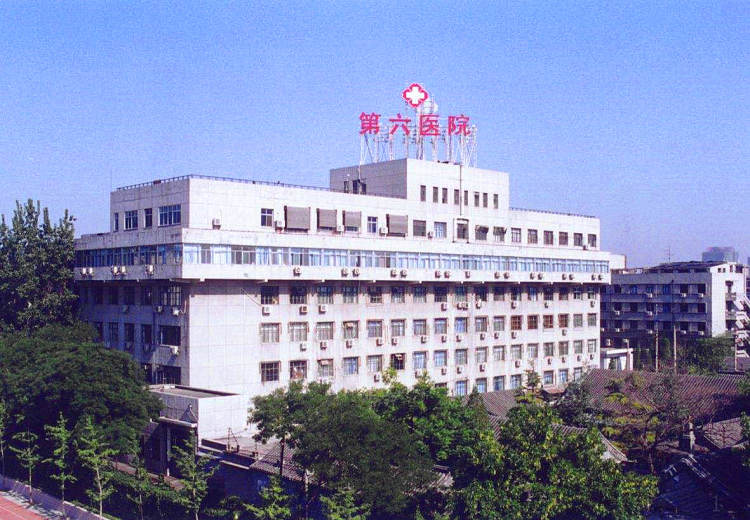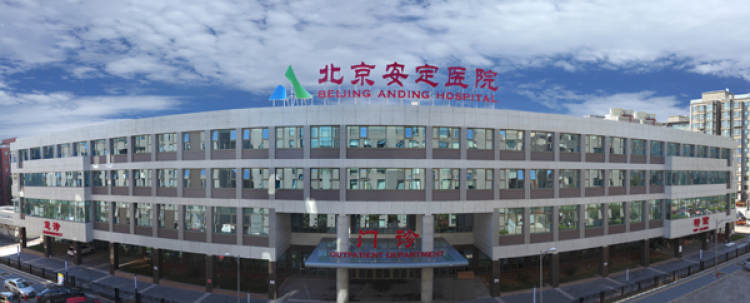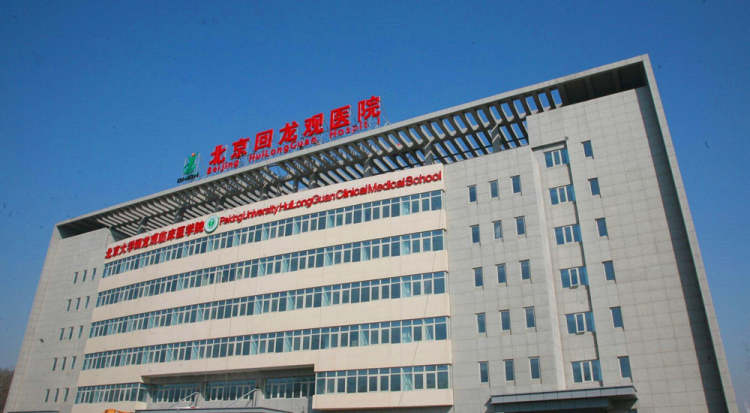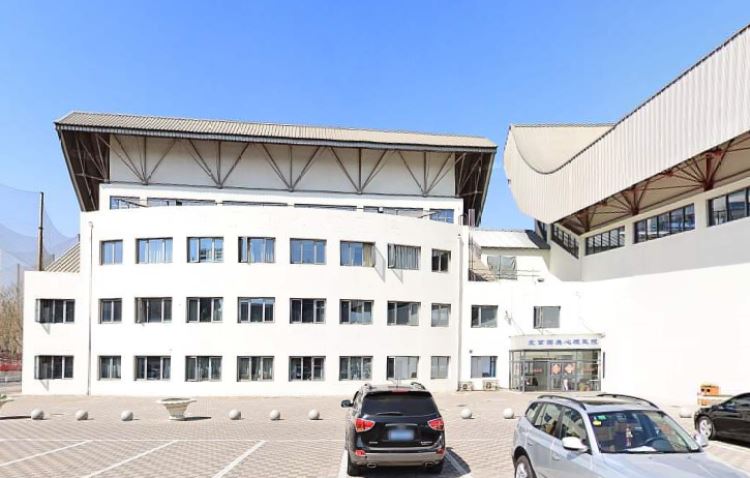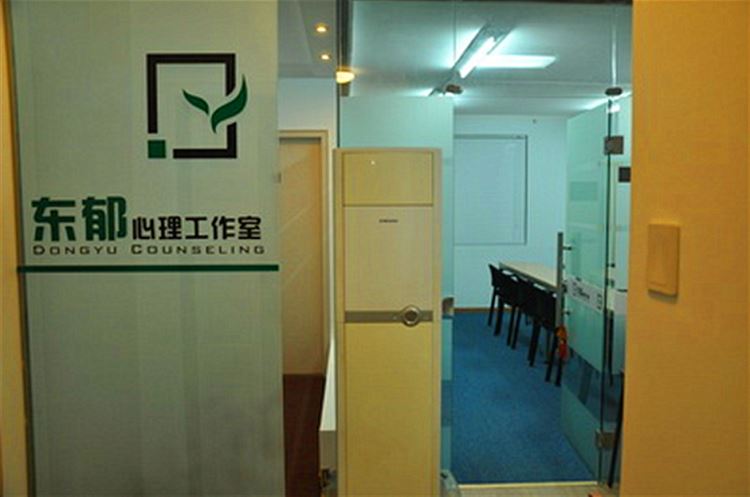The strength of Peking University Sixth Hospital is undoubted. Peking University Sixth Hospital has outstanding scientific research achievements in the fields of biological psychiatry, social psychiatry, child psychiatry, clinical psychiatry, drug dependence and sleep medicine, and psychopharmacology. The Key Laboratory of Mental Hygiene is a national key discipline of psychiatry and mental hygiene approved by the Ministry of Education, and the only one of its kind by the Health and Family Planning Commission.
The institute has excellent international exchange activities and has a certain influence on the international stage. As early as 1982, Peking University Sixth Hospital was identified by the World Health Organization (WHO) as China's first collaborating center for mental health research and training. The 1st International Congress of Morita Therapy, the first Asia-Pacific Regional Conference of the World Psychiatric Association, the Beijing Regional Conference of the International Geriatric Psychiatric Society, the 1st World Congress of Cultural Psychiatry, and the 26th World Congress of the International Association for Suicide Prevention (IASP) have been held in the hospital.
According to the Mental Health Law of the People's Republic of China, which came into effect in 2013, general psychological counselors do not have the authority to treat psychotherapy or diagnose and treat mental disorders, but at Peking University Sixth Hospital, many counselors are also experienced practitioners in the industry, and can provide more effective treatment to patients with mental disorders. Doctors can first test the client through professional instruments such as quantum resonance system, brain fluctuation graph, biofeedback system, etc., quantify various physical and psychological health indicators, and confirm the cause of the client's symptoms. Compared with psychological counseling institutions that lack medical background, Peking University Sixth Hospital undoubtedly has more significant advantages.
In 2002, with the approval of Peking University Health Science Center, the Center for Clinical Psychology of Peking University was established in the Institute of Mental Health of Peking University (Peking University Sixth Hospital). Officially, the center has joined forces with the Department of Psychology of the Affiliated Hospital of Peking University, the Student Psychological Counseling Center, the Psychological Counseling Center of the University Hospital and other units, and is committed to building a leading clinical psychology teaching, scientific research and social service platform in China.
Lu Lin, the current director of the Center for Clinical Psychology at Peking University, is also the president of Peking University Sixth Hospital and the director of the Institute of Mental Health of Peking University. He has long focused on the research of sleep rhythm disorders, depression, adolescent Internet addiction, drug and alcohol dependence, and has published nearly 200 academic papers in international SCI journals, and has been cited by international peers many times. In 2014, Lu Lin was included in the top five in the "medicine" field in the list of Most Cited Chinese Researchers released by Elsevier. By November 2017, Lu Lin was elected as an academician of the Chinese Academy of Sciences.
It is worth noting that Lu Lin's outpatient hours are generally Tuesday morning (specialist clinic) and Wednesday afternoon (sleep specialist clinic). The price is not expensive, but it is difficult to make an appointment.
Tang Denghua is the Executive Deputy Director of the Center for Clinical Psychology at Peking University and the head of the Beijing base, one of the three psychotherapist training bases designated by the Ministry of Health in China. He practiced medicine as early as the 80s of the last century, and began to participate in the German-Chinese senior psychotherapist training program and the American Minuch structure family therapy advanced training program in 96 years, and has rich experience in counseling depression, obsessive-compulsive disorder and anxiety disorders. Visiting hours are Wednesday mornings and Thursday mornings and afternoons. In addition, the expert team of the Peking University Clinical Psychology Center also includes Qian Mingyi and Hu Peicheng, deputy directors of the center, and Lin Hong, director of the office.
It should be reminded that the above experts are not easy to make an appointment. In contrast, it is more practical for a doctor to make an appointment with a clinical psychiatric ward.
Yuqing Song is a popular associate chief physician in the clinical psychiatric ward, where she studied under Prof. Tang SW, chair of the Department of Psychiatry at the University of California, Irvine. Sham systematically received psychological counseling qualification training from the Sixth Hospital of Peking University, including cognitive behavioral therapy, family and marriage therapy, etc. She specializes in dealing with mood disorders such as depression, anxiety, bipolar disorder, etc. Jiang Sisi and Yan Jun also have rich experience in counseling related symptoms, which is worth recommending. If you need to consult on adolescent psychological problems, you can consider looking for Yi Jialong for understanding.
It should be noted that at this stage, there are many doctors in Peking University Sixth Hospital who support telephone consultation business, which may be convenient for some inconvenient visitors, but if you consider the consultation effect, CNPP100 still recommend giving priority to face-to-face consultation.
It should also be reminded that due to the large number of visitors in public hospitals, the psychological counseling time given by each doctor is not strictly based on the standard of 50 minutes each time, and is generally billed for each 20-minute period, which is somewhat different from that of general psychological counseling institutions. If you want to seek more standardized and effective counseling, it is recommended to choose a psychiatric technician or a psychological counseling institution that is not a public hospital.
Charging reference: 400~1200 yuan/hour



